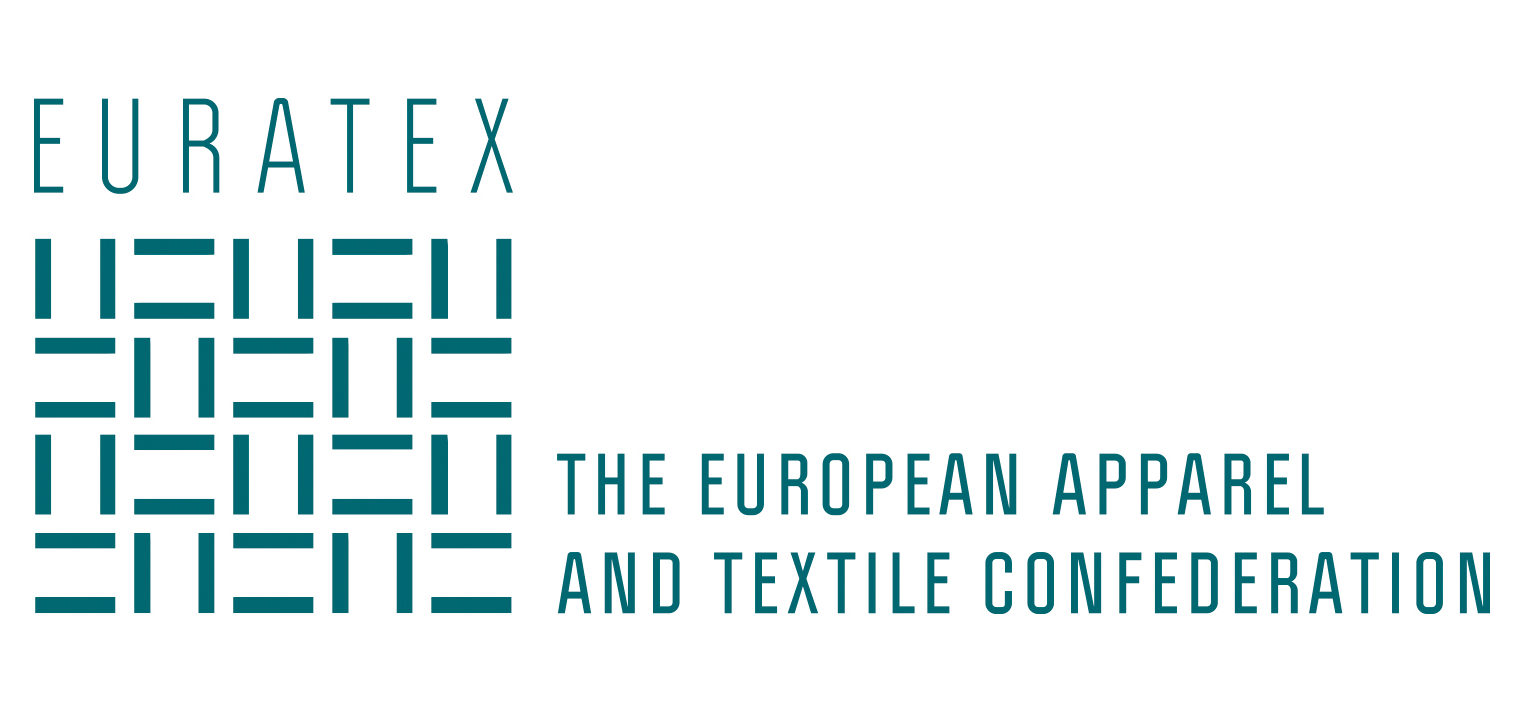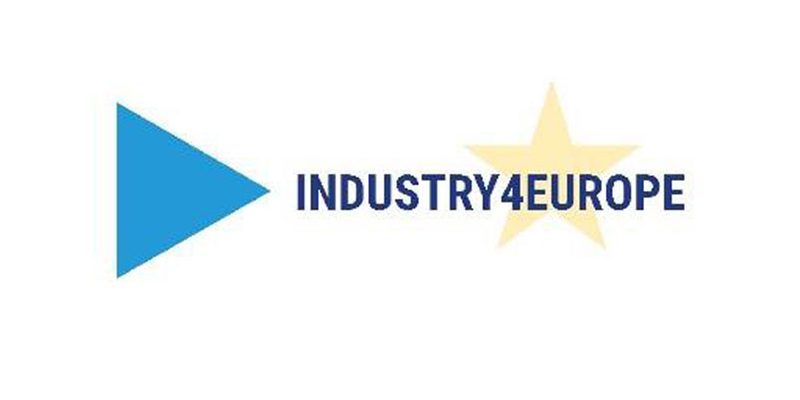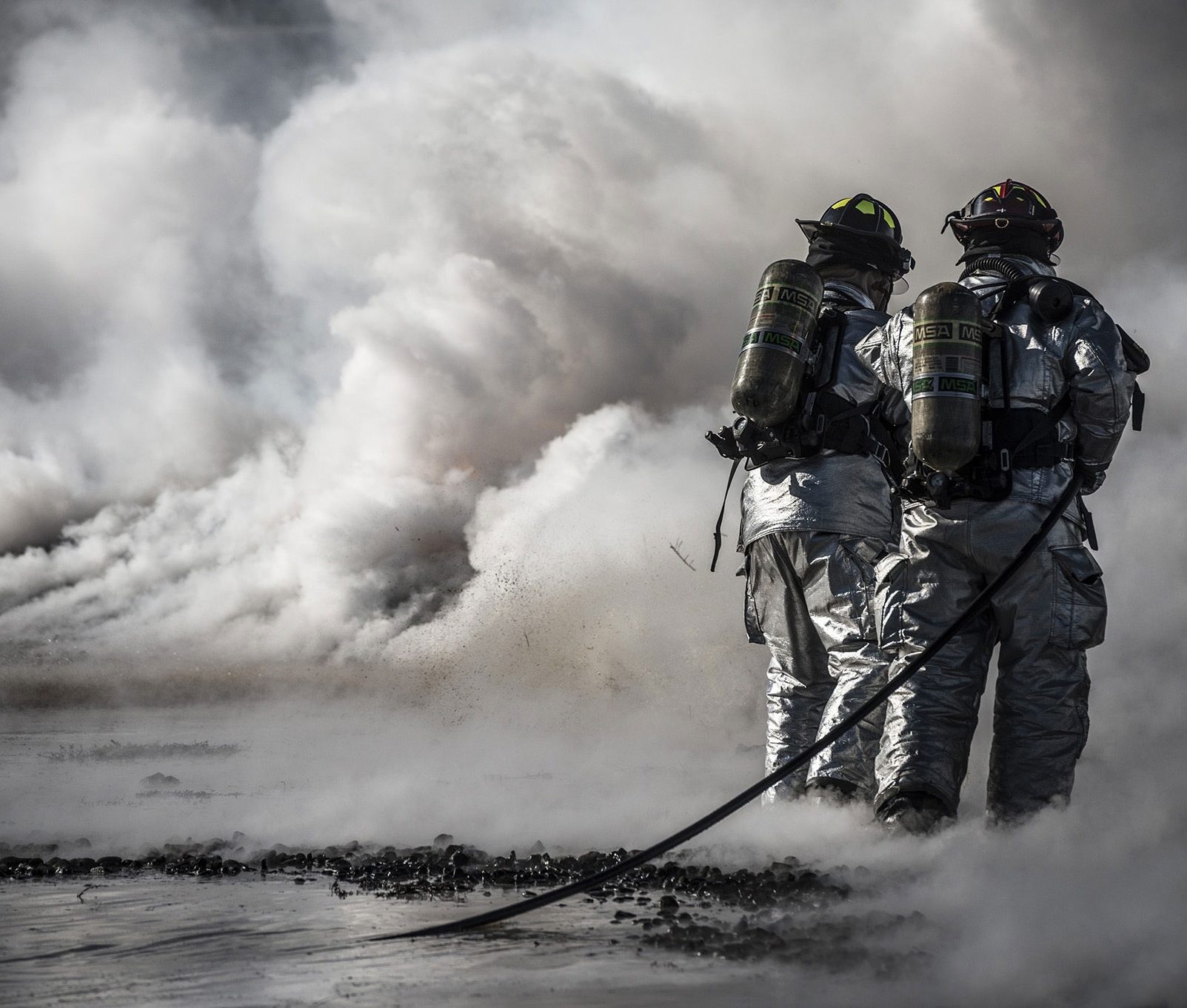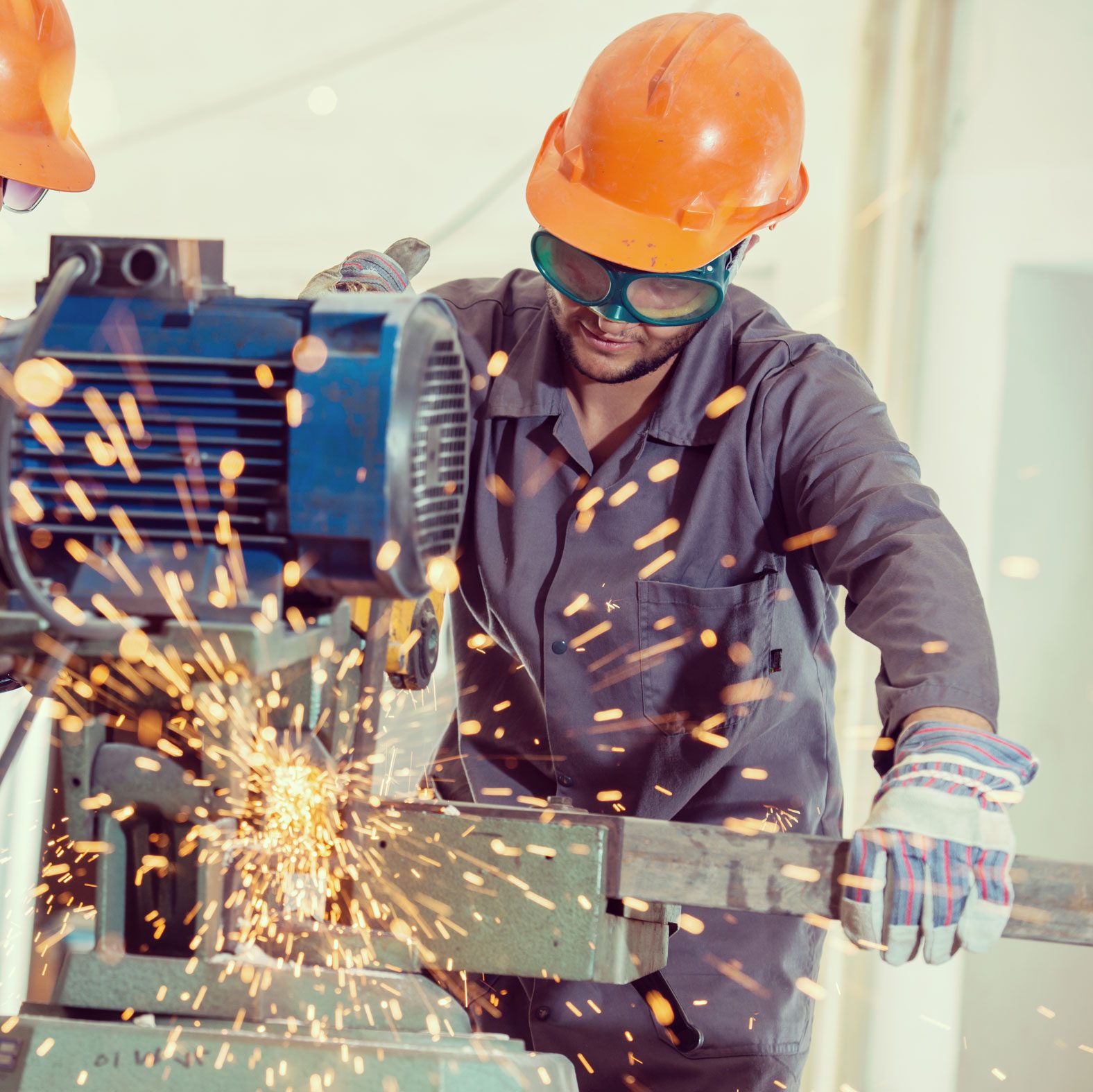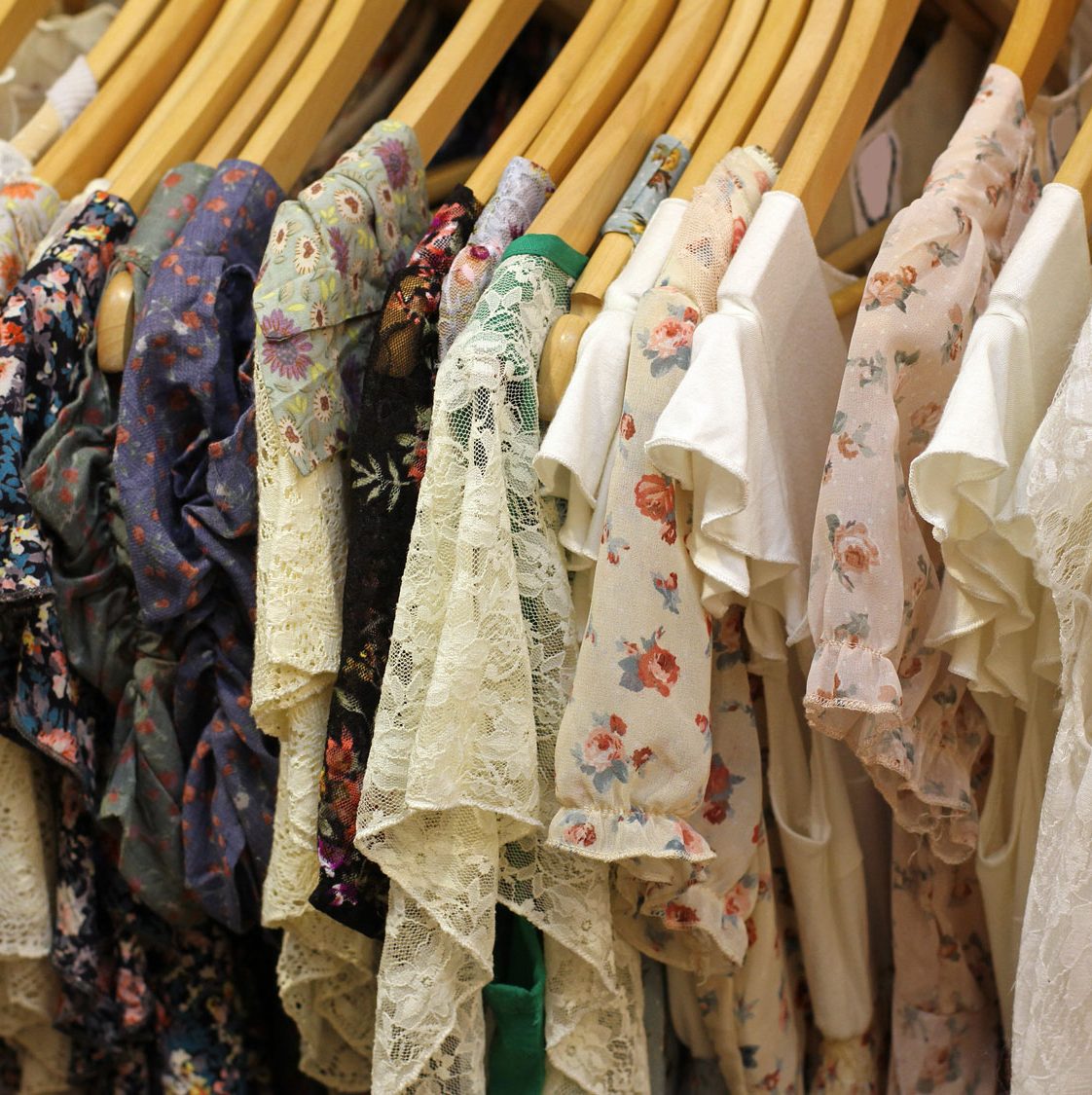Boosting investments and growth
EURATEX advocates for an efficient single market, which facilitates trade, sets well-balanced regulations and creates fair competition. The main area of work for EURATEX are industrial policy, standardization, technical regulation and IPRs.
EU INDUSTRIAL STRATEGY
The European textile and clothing (T&C) manufacturing industry has tremendous capacity for research and innovation, boasts a skilled workforce, and has reinvented itself through investment in people, creativity, advanced manufacturing technologies, market diversification and internationalization.
EURATEX expects the EU industrial policy to help SMEs to grow and invest in innovation, and to guarantee the level-playing field. In the latest EU Industrial Strategy, these principles are well included and the EC sets an ambitious agenda for the future of our industry. Nevertheless, the proposal doesn’t include some important aspects for the T&C sector, such as labour force shortage and upskilling/reskilling of the current workforce.
To make the industry’s voice stronger, EURATEX is part of the Industry4Europe coalition, whose aim is to safeguard the world leading position of European manufacturers and keep jobs in Europe.
STANDARDISATION
EURATEX relies on standards to define the state of the art of products and processes. EURATEX believes that standards protect the industry, and they can be better suited than legislation to respond to technological developments and safety issues.
That’s why EURATEX is involved in the standardisation work at CEN-CENELEC, Technical Committee 248 (Textiles and Textile products). The committee is currently dealing with the new Standardisation Mandate for Smart Garments (protection against heat and flame).
T&C REGULATIONS
For EURATEX, the EU legal framework should be cost-effective, harmonized and in line with markets and businesses. It guarantees products and processes to be more competitive on the internal and global markets. The following legislations are of primary importance to the textile and clothing industry:
PPE Regulation: The Personal Protective Equipment (PPE) Regulation (2016/425) applies as of April 2018. It lays down the requirements for the design and manufacture of PP. It also harmonises health and safety requirements in all Member States.
Textile Names Regulation: The Regulation (1007/2011) on Textile Fibre Names and related Labelling and Marking of the Fibre Composition of Textile Products applies as of May 2012. It harmonises the names of textile fibres. It also regulates labels, markings and documents which accompany textile products along their production, processing, and distribution.
INTELLECTUAL PROPERTY RIGHTS (IPRs)
EURATEX provides tailored information and resources to companies (mainly SMEs) to manage their IPRs, as they don’t have enough human resources to deal with and implement these measures. Additionally, the use of IP systems is typically seen by SMEs as a challenge, as they find its procedures very costly and they lack the necessary expertise. EURATEX reports to the European Commission these challenges and those related to IPRs enforcement.
